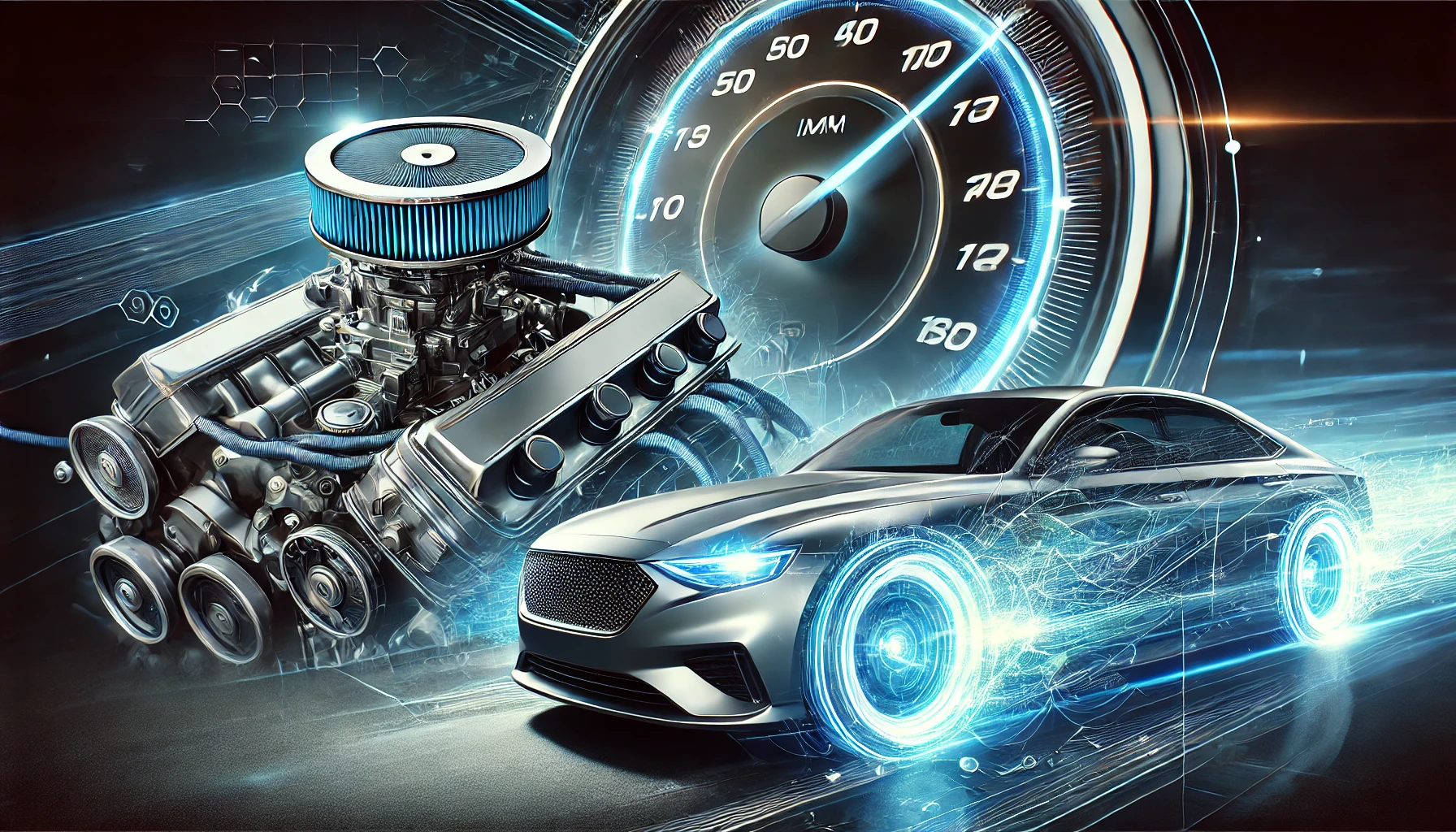Understanding Maximum Power in Cars: What It Means and Why It Matters
Last Updated At: 2026-02-03 Author: Sarah
[Car Tech Knowledge/ XNmotors]
When you’re browsing through car specifications on a website or in a dealership, one of the key figures you’ll encounter is the “maximum power” of a vehicle, usually expressed in horsepower (hp) or kilowatts (kW). This figure might sound technical, but it’s a critical indicator of a car’s performance. Let’s break down what “maximum power” means, why it’s important, and how it impacts your driving experience.

Image Source: AI generated
What is Maximum Power?
Maximum power refers to the highest amount of power that an engine can produce, typically measured at a specific engine speed (in revolutions per minute, or RPM). In simple terms, it’s the engine’s peak output when running under optimal conditions.
This power is a combination of how fast the engine can spin and how much torque it generates at that speed. In cars, power determines how quickly the engine can convert fuel into movement, which directly affects acceleration and overall performance.
How is Power Measured?
There are two common units for measuring power:
• Horsepower (hp): Traditionally used in countries like the U.S. and the U.K., horsepower reflects the amount of energy required to move 550 pounds one foot in one second. It’s a historical term that dates back to comparing engine output to that of horses.
• Kilowatts (kW): Widely used in metric systems, particularly in Europe and parts of Asia, kilowatts are a standard unit of power in the International System of Units (SI). 1 horsepower is approximately equal to 0.746 kW.
When looking at a car’s specifications, you might see a figure like “150 hp at 6,500 RPM.” This means the engine produces 150 horsepower when the engine speed reaches 6,500 revolutions per minute.
Why Does Maximum Power Matter?
1. Acceleration and Speed:
The higher the maximum power, the more capable a car is of rapid acceleration and reaching high speeds. Sports cars, for instance, often advertise very high power outputs because they’re built for speed and performance.
2. Towing and Load Capacity:
For trucks or SUVs, higher maximum power is crucial for towing heavy loads or driving in challenging conditions, such as off-road environments or steep inclines.
3. Fuel Efficiency:
While it may seem counterintuitive, maximum power isn’t the sole factor in determining fuel efficiency. Modern engines are designed to balance power and fuel economy, often through technologies like turbocharging or hybrid systems, which allow engines to produce more power without significantly increasing fuel consumption.
4. Driving Enjoyment:
Drivers who enjoy spirited driving—whether it’s taking sharp corners or accelerating on highways—often prioritize cars with higher maximum power. It makes the vehicle feel more responsive and capable, especially at higher speeds.
Does More Power Always Mean a Better Car?
Not necessarily. While more power can enhance performance, it doesn’t always mean a better car for everyone. If you mostly drive in city traffic, for instance, where speeds are low and frequent stops are required, a car with moderate power might be more than enough. On the other hand, if you’re often driving on highways or need a vehicle for long-distance travel or towing, higher maximum power could be more beneficial.
It’s also important to consider how power is delivered. A car with high maximum power might only reach its peak output at high engine speeds (RPMs), which may not be practical for everyday driving. Vehicles with a balanced power-to-weight ratio or ones with advanced transmission systems can often feel more powerful than their specs suggest, thanks to smoother power delivery across a range of driving conditions.
Conclusion
Maximum power is an essential specification when evaluating a car’s performance, especially if you’re looking for speed, acceleration, or the ability to handle heavy loads. However, it’s equally important to consider how that power fits into your everyday driving needs. When you see the maximum power listed in a car’s details, think of it as a guide to understanding the vehicle’s potential on the road—but remember that other factors like torque, fuel efficiency, and comfort also play key roles in finding the right car for you.
( Article / XNmotors Sarah )
Comments
No comments yet. Be the first one to comment.